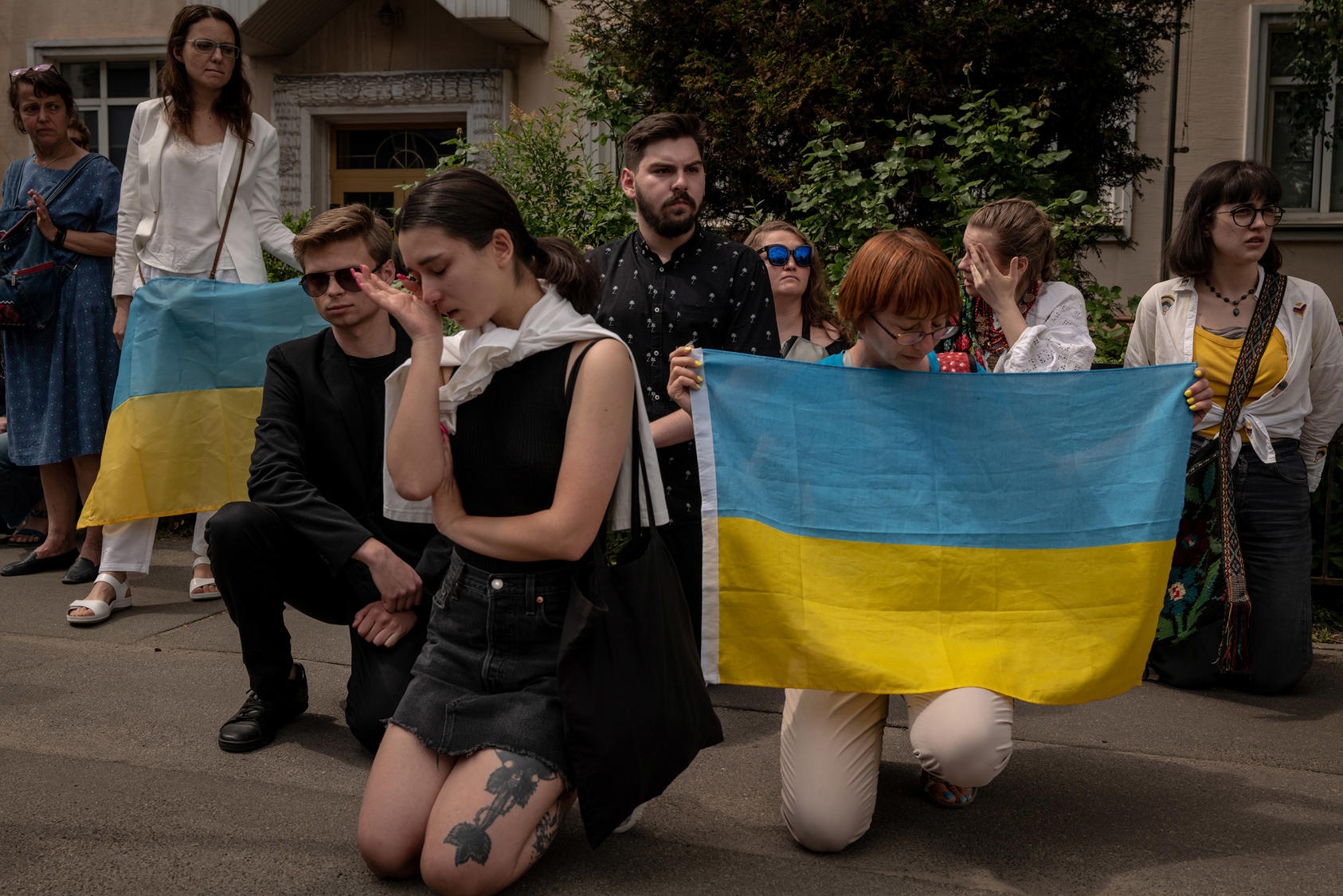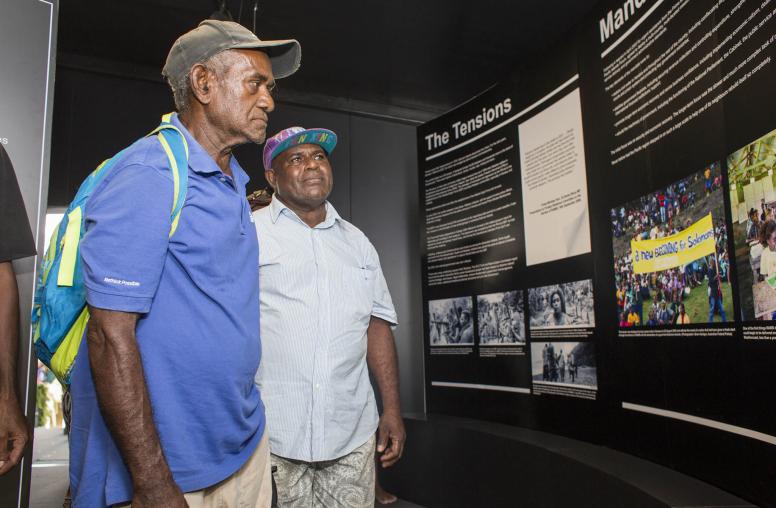Twitter Space Series: Why Russia’s War Against Ukraine Matters for Global Peace and Security Efforts
Russia’s war against Ukraine has violated Ukraine’s sovereignty and undermined global peace and security norms. As it moves into its fourth month, the international community cannot become accustomed to what Ukrainian First Lady Olena Zelenska described as “Ukrainians’ grief.”

On June 23, USIP hosted a Twitter Space discussion on the ongoing impact of the conflict on Ukrainians, the growing ramifications for the international system and what the international community can do to end such wars of aggression — not just in Ukraine, but worldwide.
Continue the conversation on Twitter using the #UkraineUSIP hashtag.
Speakers
Ambassador William Taylor
Vice President, Russia and Europe Center, U.S. Institute of Peace
@WilliamBTaylor8
Heather Ashby
Senior Program Officer, Russia and Europe, U.S. Institute of Peace
@DrHeatherAshby




